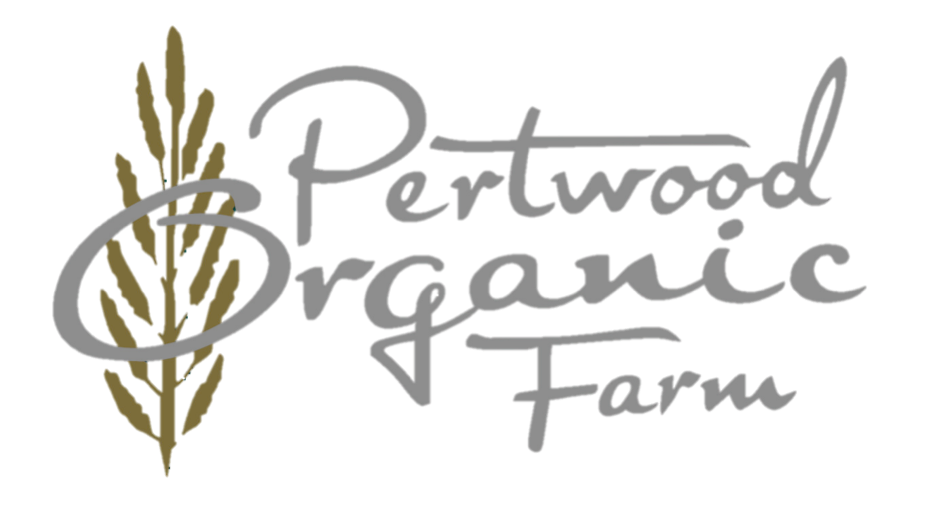When it comes to organic farming and the organic industry, there’s a group of tiny but indispensable workers that deserve our utmost attention – wild bees. These pollinators play a crucial role in maintaining our planet’s ecological balance, and their importance in the United Kingdom’s environment cannot be overstated.
The Vital Role of Wild Bees
Pollination Powerhouses: Wild bees are nature’s most efficient pollinators, responsible for fertilizing up to 85% of flowering plants and ensuring the reproduction of diverse plant species. In the United Kingdom alone, there are around 270 different species of bees, each with their unique pollination skills. This variety is essential for the UK’s agricultural sector, contributing to the growth of fruits, vegetables, and other crops that account for a considerable portion of the nation’s food supply.
Biodiversity Champions: Wild bees promote biodiversity by supporting a wide range of flora and fauna. This diversity contributes to the robustness and stability of ecosystems, which in turn enhances the UK’s natural beauty and environmental health. From the breath-taking wildflower meadows to the lush woodlands and forests, the health and beauty of the British countryside are intrinsically linked to the pollination services provided by wild bees.
Economic Catalysts: The value of wild bees to the UK’s economy cannot be overstated. Their pollination services are worth an estimated £690 million per year, boosting crop yields and ensuring a steady supply of nutritious food. By providing organic farmers with a natural alternative to chemical pesticides, wild bees help create sustainable, environmentally friendly practices that benefit both the land and consumers.
Guardians of Our Health: The pollination services provided by wild bees have a direct impact on the quality and variety of the food we eat. A diverse diet, rich in fruits and vegetables, is essential for maintaining good health and reducing the risk of chronic diseases. By supporting the growth of nutrient-dense produce, wild bees play a critical role in promoting the wellbeing of the UK’s population.
The Challenges Facing Wild Bees and How We Can Help
Unfortunately, wild bees are under threat due to factors such as habitat loss, climate change, and pesticide exposure. As a result, their numbers have declined in recent years, putting the ecological balance and the UK’s agricultural sector at risk. However, it’s not too late to make a difference.
Here are some ways we can support wild bees and protect their habitats:
Plant Bee-Friendly Gardens: Incorporating a variety of native, flowering plants in your garden can provide wild bees with the food and shelter they need. Choose plants with different flowering seasons to ensure a year-round food supply.
Reduce Pesticide Use: Opt for organic gardening methods to minimize the harmful impact of chemicals on wild bee populations. Support organic farming by choosing organic products whenever possible.
Create Wild Bee Habitats: Leaving a patch of your garden undisturbed or installing a bee hotel can provide wild bees with the nesting sites they require to thrive.
Spread Awareness: Educate your friends, family, and local community about the importance of wild bees and the steps they can take to support these essential pollinators.
Wild bees play a pivotal role in maintaining the ecological balance of planet Earth and are indispensable for the United Kingdom’s agricultural sector, economy, and overall wellbeing. By understanding their importance and taking action to protect their habitats, we can ensure the health and stability of our environment, as well as the continued success of the organic farming industry. Let’s come together to celebrate and support.


